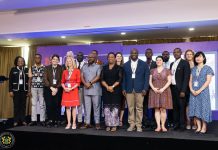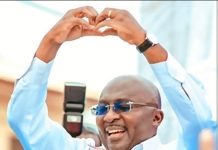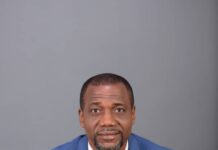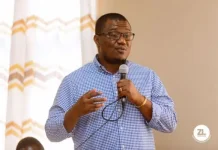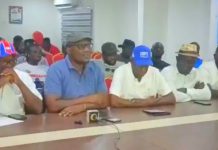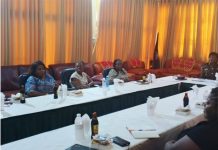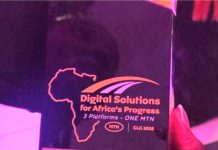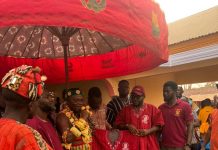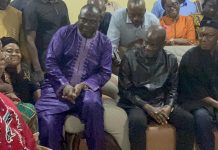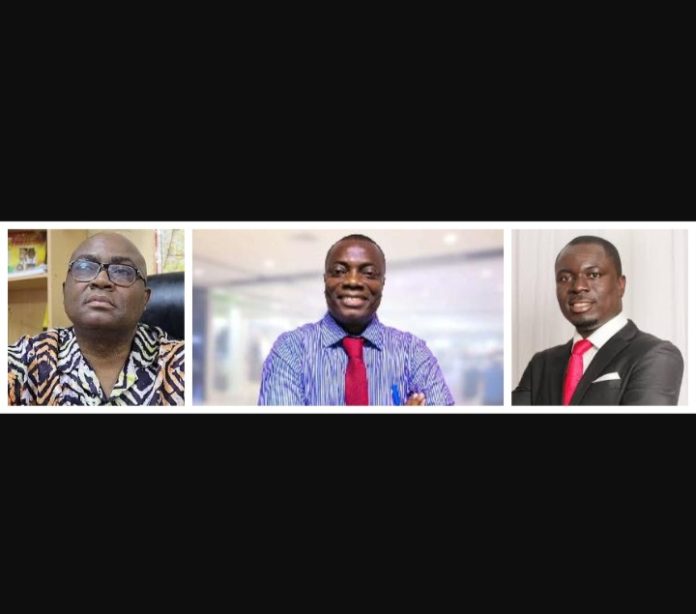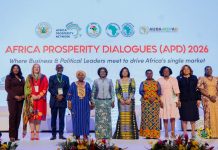Author: Peter Martey Agbeko
As Ghana gears up for its December 7 general elections, attention is focused not just on the candidates and their manifestos but also on a parallel contest—among the nation’s pollsters.
Their forecasts have become an integral part of modern political discourse, influencing narratives and, occasionally, campaign strategies.
This year, figures like Musah Danquah, Executive Director of Global Info Analytics, and Professor Smart Sarpong, Senior Lecturer at Kumasi Technical University, are under scrutiny.
Veteran journalist and pollster Benjamin Emmanuel Ephson, Managing Editor of the Daily Dispatch newspaper, has also entered the fray. However, Ephson, a household name in Ghanaian polling, has yet to elaborate on his methodology, opting instead to share predictions that have already sparked discussions.
The question remains: will their projections align with electoral reality, or will they falter as some of their global counterparts did in recent U.S. elections?
The Growing Role of Pollsters
Polling has become a cornerstone of democratic elections, offering insights into voter intentions and trends. In Ghana, pollsters have grown increasingly influential, shaping public debates and sometimes even altering campaign strategies.
From forecasting voter turnout to predicting electoral outcomes, their work blends art and science, relying on statistical methods, sampling techniques, and data analysis.
However, polling is no crystal ball. Even the most rigorous methodologies are vulnerable to pitfalls such as shifting voter sentiments, social desirability bias, and unforeseen events.
Ghanaian pollsters are keenly aware of these challenges, often underscoring the “margin of error” in their projections to manage expectations.
Lessons from Global Polling Failures
Recent global elections have underscored the unpredictability of voter behavior. In the United States, for instance, pollsters faced widespread criticism for underestimating support for certain candidates in key battleground states.
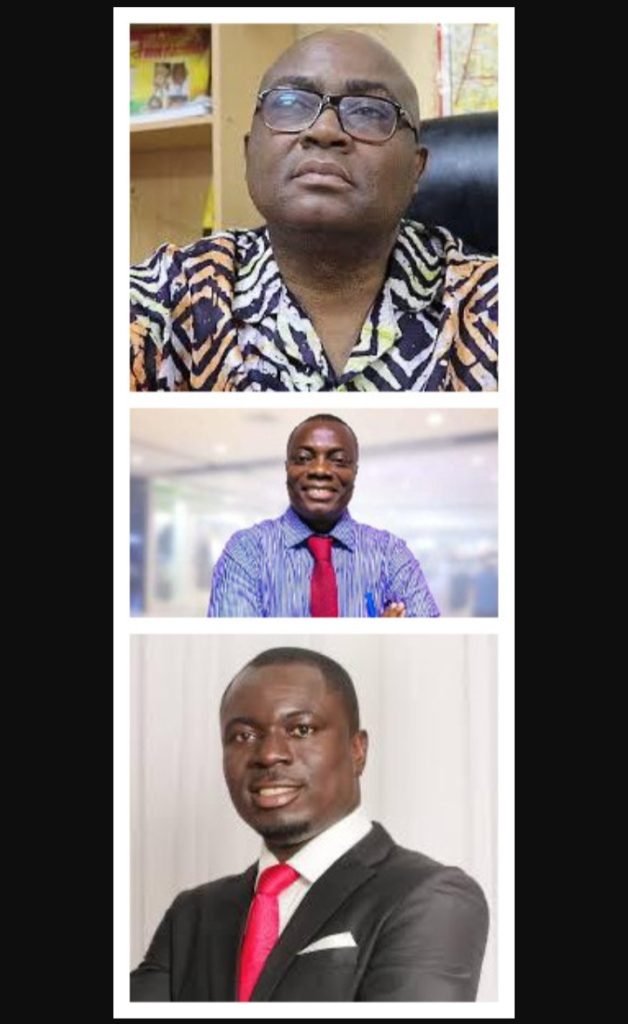
These lapses highlighted flaws in methodology, sample selection, and the challenge of capturing diverse political opinions.
In Ghana, the stakes are equally high. Polling inaccuracies can damage the credibility of institutions and erode public trust. The December 7 election will therefore be a critical test for Ghanaian pollsters, both established and emerging.
Ghana’s Pollsters in the Spotlight
Pollsters like Musah Danquah and Prof. Smart Sarpong are already making headlines with their findings, sparking vibrant debates among political commentators, journalists, and voters.
Their projections will be closely examined for their accuracy in predicting the final outcomes.
Danquah’s polls suggest a tightly contested race between the major political parties, supported by detailed demographic analyses.
Meanwhile, Prof. Sarpong, a statistician and veteran pollster, has taken a more reserved approach, emphasizing voter turnout as a critical, unpredictable factor.
Other pollsters, including those affiliated with think tanks and independent organizations, have also weighed in with varying methodologies.
From traditional face-to-face surveys to cutting-edge AI-powered data analytics, each approach offers unique insights but also distinct limitations.
What Will Determine Accuracy?
The accuracy of these polls will depend on several key factors:
• Sample Representation: Does the sample reflect Ghana’s diverse socio-economic, regional, and demographic realities?
• Timing: Polls conducted too early may fail to capture last-minute shifts in voter sentiment.
• Undecided Voters: A significant number of voters may decide late, rendering early predictions less reliable.
• Social Desirability Bias: In polarized environments, respondents may conceal their true preferences.
Will December 7 Be a Turning Point?
As Ghanaians cast their votes, the accuracy of these forecasts will be under the microscope.
If pollsters manage to align their predictions with the electoral outcomes—within reasonable margins of error—they will bolster public confidence in polling as a democratic tool.
If not, skepticism could deepen, mirroring global concerns about the reliability of election forecasts.
However, the ultimate measure of success for Ghana’s pollsters goes beyond predicting winners and losers.
It lies in their ability to demonstrate robust methodologies, adapt to a dynamic political environment, and remain transparent about their processes.
Only Time Will Tell
The December 7 elections will not only decide Ghana’s political future but also serve as a litmus test for the nation’s pollsters. Voters hold the final verdict, and only time will reveal whose predictions most accurately captured the pulse of the electorate.
The spotlight is on. Will it be Musah Danquah, Prof. Smart Sarpong, Benjamin Ephson, or another emerging voice who claims the mantle of Ghana’s polling guru? The nation will soon find out.

